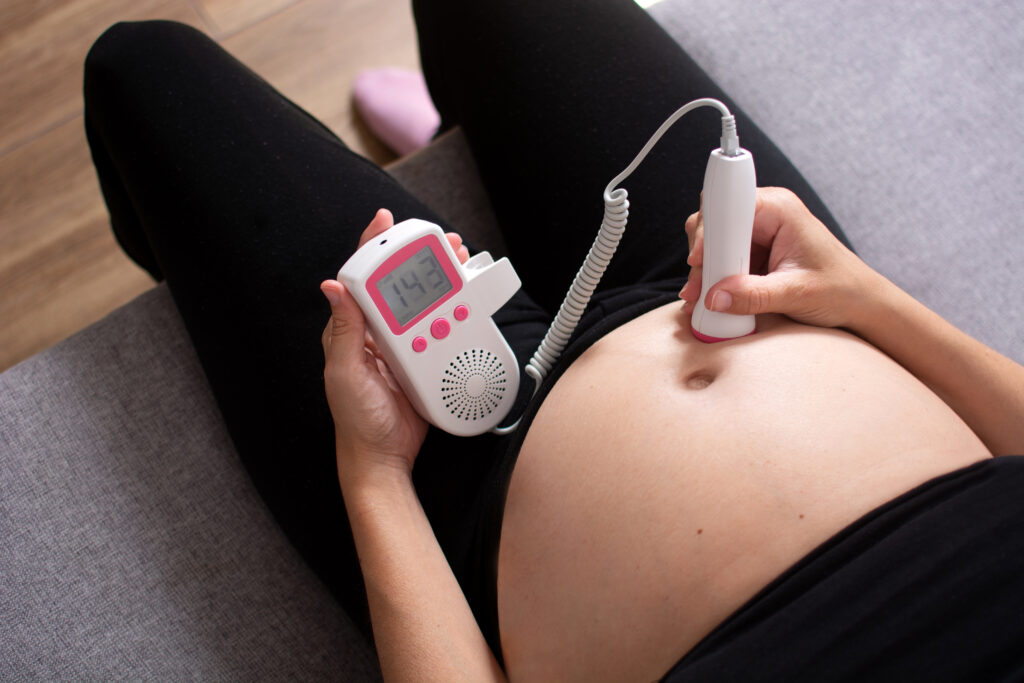Feeling your baby move for the first time is one of the most magical milestones of pregnancy. Those tiny flutters, kicks, and rolls are not only reassuring signs of your baby’s well-being but also a beautiful way to bond. Every movement tells a story about your growing little one, and understanding them can make your pregnancy journey even more special.
Here on Mommoments with Yogita, I’m excited to share what I learned about recognizing and interpreting baby movements throughout my pregnancy.
1. When Will You Feel Your Baby Move?
Most moms-to-be feel the first movements, often called “quickening,” between 18 to 22 weeks of pregnancy. For some, especially first-time moms, it might take a little longer to notice those initial flutters. If this is your second or third pregnancy, you may feel them as early as 16 weeks.
The sensations can vary from a gentle flutter, like butterflies in your stomach, to tiny gas-like bubbles. As your baby grows, those movements become more defined and frequent.

2. Types of Baby Movements
Throughout your pregnancy, your baby will express themselves in many ways:
- Kicks and Punches: Energetic bursts are common, especially after meals or during certain times of day.
- Hiccups: Rhythmic, repetitive jerks may be signs of your baby’s hiccups, which are completely normal.
- Rolls and Stretches: As space becomes limited, your baby may roll or stretch, causing visible belly movements.

3. Getting to Know Your Baby’s Rhythm
Babies often develop their own daily patterns of movement. Some are more active in the evening, while others may respond to your meals or sounds. I remember how my little one would do a happy dance after I indulged in something sweet!
Tracking these patterns using a movement journal or a mobile app can be helpful. Not only does it create a meaningful connection, but it also helps ensure your baby’s movements are consistent.

4. What Affects Baby’s Movements?
Several factors can influence how and when your baby moves, including:
- Your Activity Level: Babies tend to move more when you’re resting.
- Food and Drinks: Sugary or cold drinks may wake up your baby.
- Time of Day: Many babies are most active in the evening.

5. When to Contact Your Doctor
While changes in movement patterns are normal, it’s important to monitor your baby’s activity. If you notice a significant decrease in movement or if your baby’s movements stop, reach out to your healthcare provider immediately. They may recommend a non-stress test or an ultrasound to check on your baby’s well-being.

Final Thoughts
Feeling your baby move is a constant reminder of the beautiful life growing inside you. Each flutter and kick is a sign of your baby’s strength and vitality. Embrace these moments, talk to your little one, and savor the joy of knowing your baby is thriving.
How did you feel when you first noticed your baby’s movements? I’d love to hear your stories and experiences in the comments below. Let’s continue celebrating the incredible journey of motherhood together.
